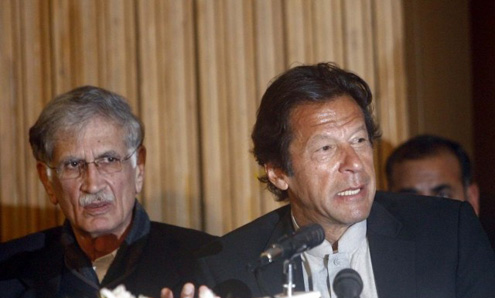 NEW DELHI: Having rejected the Centre’s belated bid to persuade them to drop their plan for the 24-hour general strike on Tuesday, central trade unions commanding the allegiance of lakh of workers stepped up their efforts to turn the protest into a crippling nationwide shutdown.
NEW DELHI: Having rejected the Centre’s belated bid to persuade them to drop their plan for the 24-hour general strike on Tuesday, central trade unions commanding the allegiance of lakh of workers stepped up their efforts to turn the protest into a crippling nationwide shutdown.
Life will be severely impacted for 24 hours if the general strike called by trade unions cutting across party lines and ideologies succeed in pulling off the show of strength and solidarity in support of their demands: an end to contract labour, amendment to Minimum Wages Act, increase the gratuity payout and compulsory registration of trade unions within 45 days.
Whether it is the Delhi Jal Board or the cities’ auto-rickshaw unions or petrol pumps or flights – all are likely to be hit by the strike, say TU leaders from AITUC, BMS and INTUC. The other sectors that are likely to be affected by the strike are the oil and gas industry, the financial sector including banks and insurance, the aviation sector defence (Ordnance factories), post and telecom sector, ports, state government offices, income tax department and traders, said strikers. For the first time, Bharat Electronics and Hindustan Aeronautics Limited (HAL) will be taking part in the stir, claimed TU leaders.
“We could achieve this unity when all the trade unions and workers realized by over the last two years that going on their own has not helped since the government has refused to pay heed to our demands. Workers are facing a very severe situation,” said Gurudas Dasgupta, AITUC chief and senior CPI leader.Apprehending that the strike will send out a wrong message against the government and its reforms agenda, Prime Minister Manmohan Singh had called INTUC leader G Sanjeeva Reddy on Friday evening for talks.
While it seemed like an attempt to break the Congress’s union away from the array of striking unions, Reddy refused to meet the PM, unless he invited other TU leaders, who have joined hands to call the strike. Eleven central TU and about 5,000 small unions are part of the biggest formation of TUs that have called Tuesday’s strike. “My message to the government is that it won’t make a difference by talking to me alone. If all the leaders are called then there is a possibility of finding a solution to this,” Reddy told TOI. He added, “The strike will be a total success as so many unions have come together.”
The date was decided last November to coincide with the tabling of the Union budget, but that got postponed because of the assembly poll dates.”We want industrial peace. We have been compelled to go on strike… workers also lose their wages… strike is the last option for us,” Dasgupta said, adding, “we want industry, let there be FDI in the productive sector, let them make profit, but they must abide by Indian laws and accept collective bargaining.”
The PM and labour minister Malikarjun Kharge were present at the labour conference on February 14 and 15, where the TU leaders spoke in their presence of the demands and of the call to strike work, said Dasgupta. “Even if the government called us 15 days ago we would have reconsidered calling a strike, but that never happened,” he said.Apart from the BMS, INTUC, CITU, AITUC, HMS, AIUTUC, AICCTU, UTUC, TUCC, LPF, SEWA are the central TUs that have come together for the strike. While TUs affiliated to the Shiv Sena in Maharashtra and the IUML in Kerala are also part of the grouping.
Kharge has appealed to the TUs to call off the strike, saying “most of the issues raised by the trade unions have already been addressed… however I do assure that I am open to discussions on any issues relating to labour at any time and resolve the same through consultations.” He added, “The proposed strike will not only cause colossal economic loss to the country bit also bring hardship and inconvenience to the common man. – TOI












